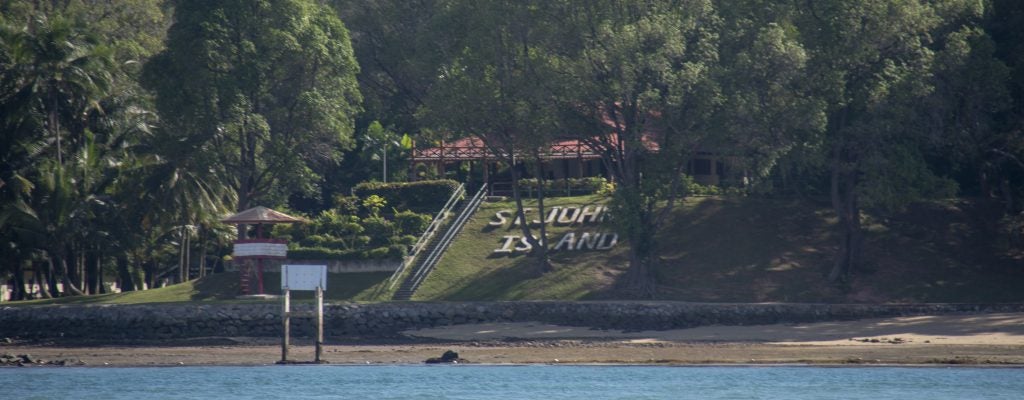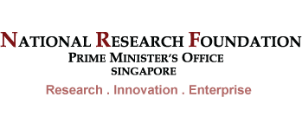[Insights] Celebrating International Day of Biological Diversity 2019
Today – Wednesday 22nd May – is the International Day of Biological Diversity 2019. This year’s theme is “Our Biodiversity, Our Food, Our Health”. You can find more information about IDB and the Convention on Biodiversity at their website, https://www.cbd.int/idb/.
Many Singaporeans profess to live to eat, and one of the most frequent questions we get during our nature guided walks around St John’s Island is “this one eh sai jiak bo?” (can this be eaten?).
[Insights] Celebrating International Day of Biological Diversity 2019 Read More »




